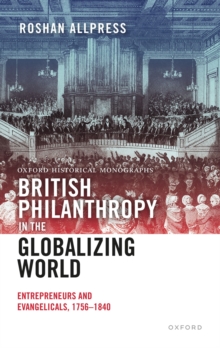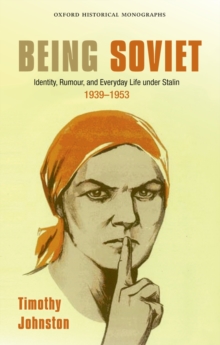
The Liberal Party in Rural England 1885-1910 : Radicalism and Community Hardback
by Patricia Lynch
Part of the Oxford Historical Monographs series
Hardback
Description
This book explores the relationship between the British Liberal party and the rural working-class voters enfranchised by the Third Reform Act of 1884.
In contrast to many works that present urban voters as the primary agents of political change in nineteenth- and twentieth-century England, this study argues that an examination of the dynamics of popular rural politics is essential to a thorough understanding of political developments in the early years of mass enfranchisement.
Prior to 1914, capturing a substantial portion of the rural vote was essential to any political party seeking to establish a strong Parliamentary majority; and the Liberal party, coming from a traditionally strong urban base, had to work particularly hard to meet the expectations of the new rural electorate.
The book shows that popular political culture in the English countryside was dominated by two important, and sometimes conflicting, traditions: on the one hand, a history of radical social protest, emphasizing attacks on the privileges of landowning elites, and on the other, a widespread concern for the harmony of the local community, coupled with a suspicion of unnecessary divisiveness.
The attempt to appeal simultaneously to both of these facets of rural political culture helps to explain not only why the Liberals continued to launch rhetorical attacks on the landed aristocracy and to promote schemes of land reform long after one might have expected them to have switched to a more 'modern' emphasis on class politics, but also why the 'New Liberal' emphasis on the politics of community carried such broad electoral appeal at the beginning of the twentieth century.
The book suggests, finally, that in focusing primarily on urban democratization, historians of this period may have exaggerated the role of class allegiances in shaping popular political opinion and underestimated the continuities between 'Old' and 'New' Liberalism.
Information
-
Out of stock
- Format:Hardback
- Pages:276 pages, numerous tables
- Publisher:Oxford University Press
- Publication Date:23/01/2003
- Category:
- ISBN:9780199256211
Information
-
Out of stock
- Format:Hardback
- Pages:276 pages, numerous tables
- Publisher:Oxford University Press
- Publication Date:23/01/2003
- Category:
- ISBN:9780199256211










